Outdoor recreation is a cornerstone of American life that relies on the health and wellbeing of the environment. Widespread access to public lands and waters is critical to maintaining and expanding the many benefits of outdoor recreation. As more and more Americans find refuge outdoors during the COVID-19 pandemic, recreation can be a big piece of the economic recovery puzzle.
Americans of all ages and the outdoor industry keenly understand this – as does President Biden’s nominee for Secretary of the Interior, Debra Haaland. With her stellar track record on public lands and waters, climate change, and environmental justice, the Senate would do well to swiftly confirm her nomination.
Secretary-designate Haaland will marry outdoor policy with this potential for economic growth. Throughout her career and during her time in Congress, she has demonstrated a sharp understanding of the impact of the $788 billion outdoor recreation economy and the benefit it has to communities. She led the charge on the Simplifying Outdoor Access for Recreation (SOAR) Act, a bill to cut bureaucratic red tape that prevents Americans from accessing outdoor spaces. She also supported the historic and broadly bipartisan Great American Outdoors Act (GAOA) last session, which provided much-needed funding for public lands and waters. In talking about this bill, she highlighted the close connection between environmental policy and economic recovery, saying “spending time outdoors…creates jobs in the outdoor recreation and restoration economies, but without proper federal funding, the parks, rodeo grounds, and National Parks…are vulnerable, as are the jobs that go along with them.”
In addition to increasing access to public spaces, the conservation and protection of the outdoors is of critical importance. 30×30 – the goal of conserving 30 percent of our lands and oceans by 2030 – is a top policy priority for the outdoor industry and for Haaland, too. As an industry that works closely with the Department of the Interior, it’s encouraging to see that she understands the massive opportunity to fight climate change and protect access, all while conserving public lands and waters. The outdoor industry will gladly work with her agency to develop a cohesive public and private sector action plan.
Addressing climate change is also a top priority for the entire outdoor industry. Businesses that operate in outdoor recreation have been feeling the impact of climate change for years and intimately understand the need for an aggressive, coordinated effort to address the crisis. With Deb Haaland at the helm of Interior, we believe progress can be made while leveraging the outdoor recreation economy as one part of the solution to support the traditional energy communities that will be affected by these changes. In her time in the House of Representatives, she cosponsored the Ocean Based Climate Solutions Act and introduced the Climate Stewardship Act, both of which worked to mitigate climate change by promoting natural climate solutions to keep the planet healthy. She also promised to “continue to push for natural climate solutions” going forward.
To effectively address the growing threat from climate change and protect the environment, we need everyone from Democrats and Republicans in Congress to Fortune 500 companies to park rangers to work together. Secretary-designate Haaland has a history of working across the aisle – she’s gotten more Republicans to sign on to her bills than any other Democrat in the House of Representatives. Her proven willingness to work in a bipartisan manner will be a boon for the outdoors, which after all are enjoyed by Americans from all backgrounds and walks of life.
The American people deserve an Interior Secretary that will fight for all of us. From conservation to economic recovery to climate change, Deb Haaland understands the broad impacts of decisions made by the Department of the Interior. For the good of the environment, the economy, and the people, the Senate should quickly vote to confirm her so she can get to work.




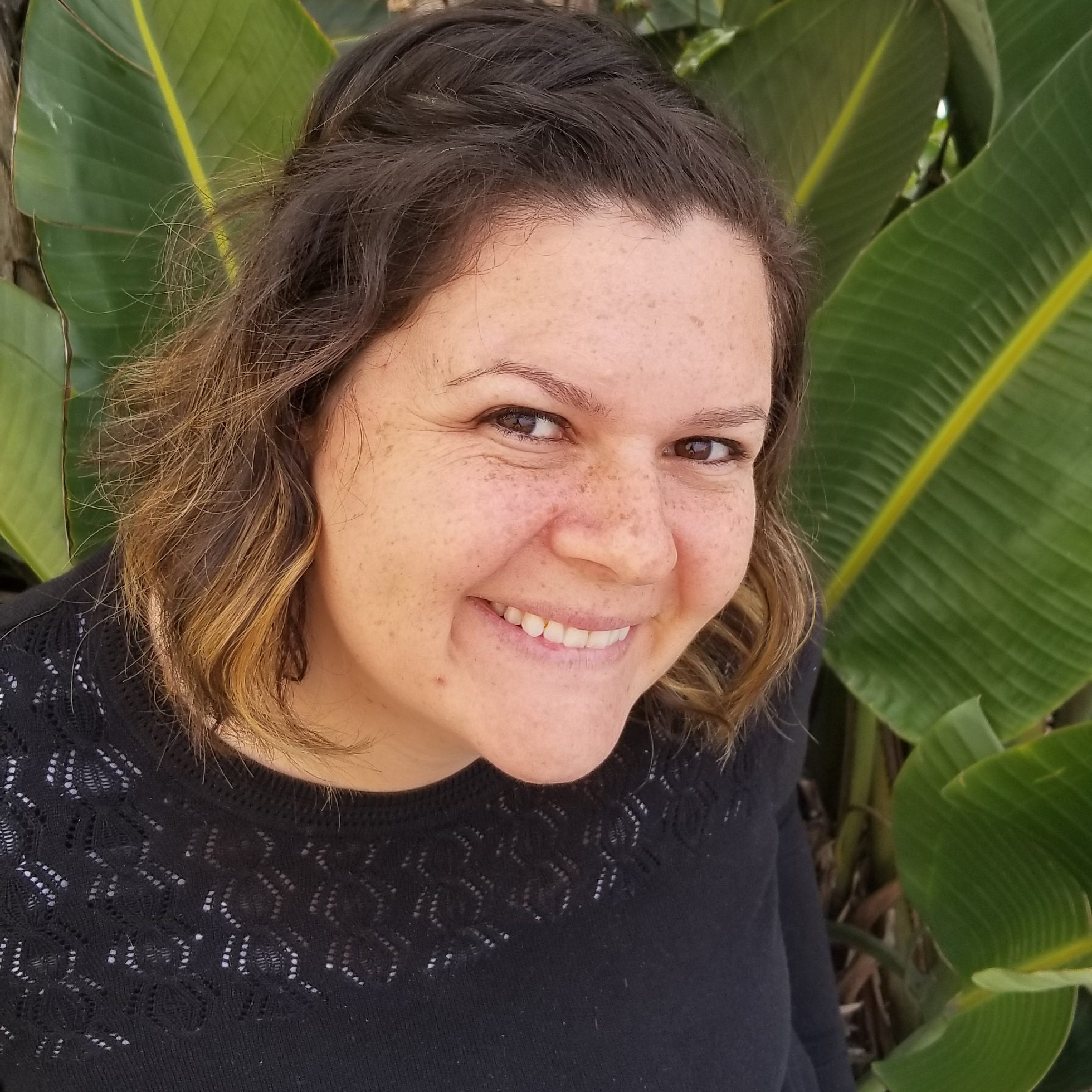
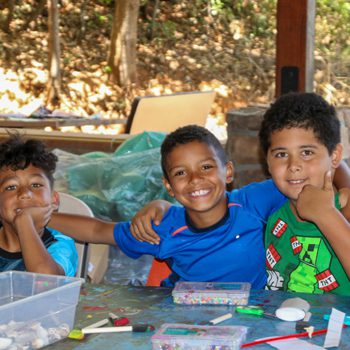 Leaders from all sectors of the outdoor community, including Secretary-Designate of Interior Deb Haaland, discussed how public policy can increase outdoor participation in diverse communities and how increasing participation, in turn, supports outdoor policy and benefits such as youth development, environmental stewardship, overall health and wellness and more. Key topic areas that surfaced:
Leaders from all sectors of the outdoor community, including Secretary-Designate of Interior Deb Haaland, discussed how public policy can increase outdoor participation in diverse communities and how increasing participation, in turn, supports outdoor policy and benefits such as youth development, environmental stewardship, overall health and wellness and more. Key topic areas that surfaced: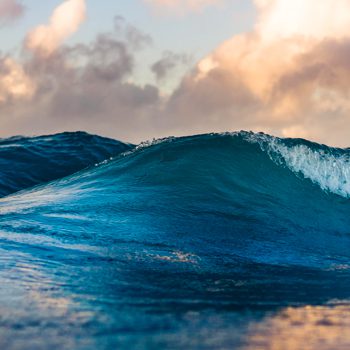 Outdoor recreation advocates, sportsmen and sportswomen, tribal leaders and equity experts convened to explore how we can work together to support public and private land conservation traditions in the U.S., address climate change, honor the sovereignty of tribal nations and ensure equitable access for current and future generations. Takeaways included:
Outdoor recreation advocates, sportsmen and sportswomen, tribal leaders and equity experts convened to explore how we can work together to support public and private land conservation traditions in the U.S., address climate change, honor the sovereignty of tribal nations and ensure equitable access for current and future generations. Takeaways included: Representatives of the outdoor industry and Congress came together to highlight the exciting opportunities we have to advance priorities for the outdoor recreation economy under a new Congress and administration. From combating climate change to promoting diversity and equity in the outdoors to preserving our public lands and waters and supporting a stable and predictable federal trade policy, the outdoor industry is in a unique position to work with friends and allies in support of our policy agenda. Highlights included:
Representatives of the outdoor industry and Congress came together to highlight the exciting opportunities we have to advance priorities for the outdoor recreation economy under a new Congress and administration. From combating climate change to promoting diversity and equity in the outdoors to preserving our public lands and waters and supporting a stable and predictable federal trade policy, the outdoor industry is in a unique position to work with friends and allies in support of our policy agenda. Highlights included: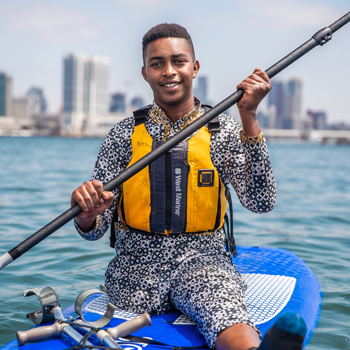 Outdoor brands, advocates, athletes and marketing leaders joined together to discuss the work they are doing to rethink their marketing strategies, build authentic relationships and incorporate strong representation in their advertising. This candid and transparent conversation dug into the pivotal moments from each participant’s journey and the lessons learned and best practices they’ve developed along the way. Key insights included:
Outdoor brands, advocates, athletes and marketing leaders joined together to discuss the work they are doing to rethink their marketing strategies, build authentic relationships and incorporate strong representation in their advertising. This candid and transparent conversation dug into the pivotal moments from each participant’s journey and the lessons learned and best practices they’ve developed along the way. Key insights included:
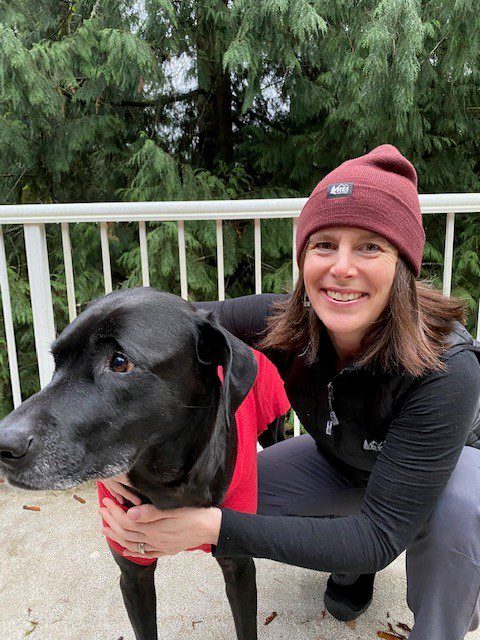 REI Co-op has donated $1 million to the Thrive Outside initiative in hopes of helping kids in urban centers around the U.S. have repeating outdoor experiences in slices of nature close to home. As manager of REI Co-op’s philanthropy and community partnerships programs, Kristen Ragain works to support programming that ensures that every person can benefit from time outdoors. We asked her why it’s so important to support this, and how she thinks the average American’s outdoor experience could change once life begins to return to normal.
REI Co-op has donated $1 million to the Thrive Outside initiative in hopes of helping kids in urban centers around the U.S. have repeating outdoor experiences in slices of nature close to home. As manager of REI Co-op’s philanthropy and community partnerships programs, Kristen Ragain works to support programming that ensures that every person can benefit from time outdoors. We asked her why it’s so important to support this, and how she thinks the average American’s outdoor experience could change once life begins to return to normal.